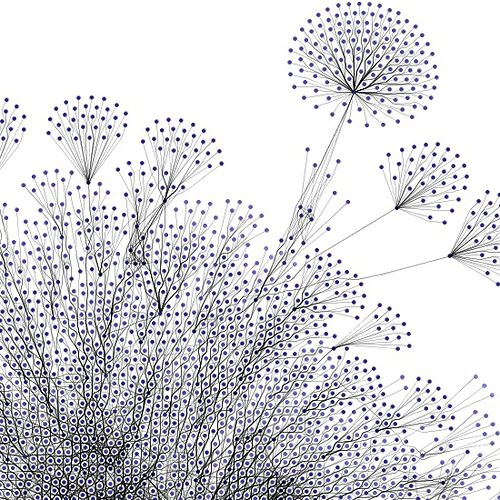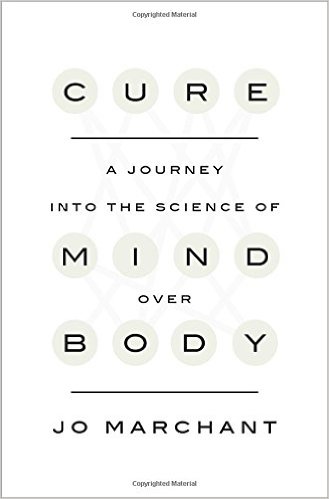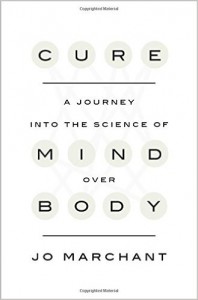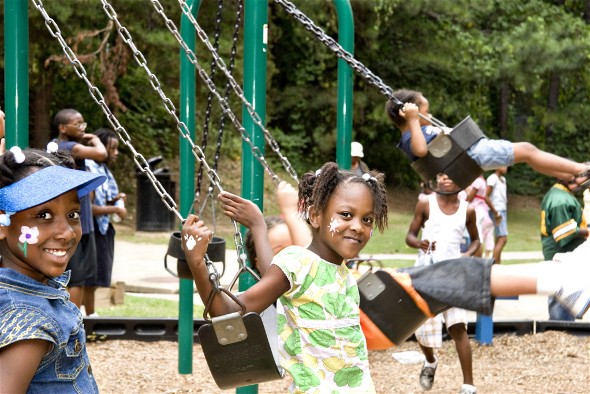When Clients Cry, I Think…
Unlike pop culture’s idea of therapy, I do not exist to make people cry. I don’t get excited when someone sheds tears. I don’t think, ‘Hurrah, now this is therapy!’
Instead, I feel compassion for the pain I see before me. After all, tears are one way we show our suffering.
But there’s something else to remember, too, next time you cry. Neuroscience is teaching us that we have the best chance of being happy when we can easily go into and out of our thoughts, our physical sensations, and our emotions.
For most of us, our thoughts are easy to go into but can be hard to shift away from. (“I can’t stop thinking about…”) When we bring our attention to our bodies when we’re stressed, we may notice a clenching or tightness in our chest or gut.
And then there are emotions. Most of us try to avoid our emotions – especially the ones that are painful and confusing. We’d rather do just about anything else to avoid them, including overeating, numbing out through alcohol or drugs or TV, or getting really, really busy with work or family or friends.
But we can’t block some emotions without also potentially blocking out others. We can’t decide to just feel happiness, joy, and gratitude without also allowing ourselves to experience sadness, grief and anger. I wish it was different, but the brain doesn’t work like that.
So when I see a client cry, I don’t think Hurrah! But I do feel glad for that particular person that they are allowing themselves to feel what needs to be felt. It’s only when we can be with all of life – the painful and the pleasurable and everything in between – that we have the best chance of health and happiness.




 It was as bizarre and shocking and smart of a question as I’d ever heard. “Can you help this be more complicated?” the therapist asked. She was giving guidance to another therapist, a fellow workshop participant, about a client.
It was as bizarre and shocking and smart of a question as I’d ever heard. “Can you help this be more complicated?” the therapist asked. She was giving guidance to another therapist, a fellow workshop participant, about a client. 







 “I know you’ll judge me for this, but…” my client starts. She tells me what’s happened the previous week, and I keep waiting for the moment in which I will feel like condemning her to the ends of the earth. But… that moment never comes.
“I know you’ll judge me for this, but…” my client starts. She tells me what’s happened the previous week, and I keep waiting for the moment in which I will feel like condemning her to the ends of the earth. But… that moment never comes.
 I’ve spent a lot of time this summer with my daughter at a particular Atlanta playground, becoming intimately familiar with, among other things, how slides are not made for my adult rear end, how seesaws take significant leg muscles, and how to apply sunscreen to my child’s face before she starts crying.
I’ve spent a lot of time this summer with my daughter at a particular Atlanta playground, becoming intimately familiar with, among other things, how slides are not made for my adult rear end, how seesaws take significant leg muscles, and how to apply sunscreen to my child’s face before she starts crying.